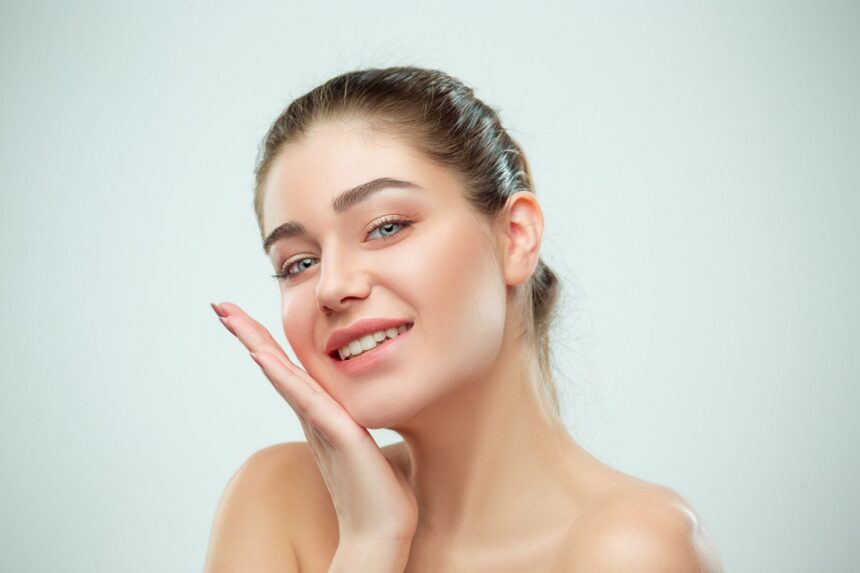Your skin reflects your entire health, and what you eat is essential for maintaining a bright complexion. A balanced diet rich in vitamins, minerals, and antioxidants can help protect your skin from damage, reduce inflammation, and promote healing. Try isotretinoin 20mg for skin care. Here’s a comprehensive guide on the best diet for skin care, highlighting key foods and nutrients that can make a significant difference.
Antioxidant-Rich Foods
Antioxidants protect your skin from free radical damage. It can cause premature aging and other skin concerns. Take these rich foods into your daily diet:
- Berries: Blueberries, strawberries, and raspberries are high in vitamins and antioxidants.
- Dark Chocolate: Look for chocolate with at least 70% cocoa for a powerful antioxidant boost.
- Nuts and Seeds: Almonds, walnuts, and sunflower seeds are excellent sources of vitamin E, which helps protect skin cells.
Healthy Fats
Healthy fats are essential for maintaining the skin’s moisture barrier, keeping it soft and hydrated. Include these sources of healthy fats:
- Avocados: Rich in monounsaturated fats and vitamins E and C.
- Olive Oil: Olive oil is an excellent source of monounsaturated fats and antioxidants.
- Fatty Fish: Salmon, mackerel, and sardines are high in omega-3 fatty acids, which reduce inflammation and keep skin hydrated.
Hydrating Foods
Staying hydrated is crucial for maintaining skin elasticity and preventing dryness. In addition to drinking plenty of water, include these hydrating foods:
- Cucumbers: High water content and silica, which promotes collagen production.
- Watermelon: Packed with water and vitamins A, C, and E.
- Celery: Contains vitamins A, C, and K, and helps keep you hydrated.
Vitamins & Minerals
Vitamins and minerals are essential for skin health, promoting healing and preventing damage. Focus on these key nutrients:
- Vitamin C: Found in citrus fruits, bell peppers, and broccoli, it boosts collagen production and protects against UV damage.
- Vitamin A: Sweet potatoes, carrots, and leafy greens contain vitamin A, which increases cell turnover and decreases acne.
- Zinc: Important for wound healing and reducing inflammation, found in pumpkin seeds, lentils, and chickpeas.
Probiotics
Probiotics help balance your gut microbiome, which can reduce inflammation and improve skin conditions like acne and eczema. Include these probiotic-rich foods:
- Yogurt: Choose yogurt with live and active cultures.
- Kefir: A fermented milk drink high in probiotics.
- Sauerkraut: Fermented cabbage that supports gut health.
Herbs & Spices
Certain herbs and spices have anti-inflammatory and antioxidant properties that can benefit your skin. Add these to your meals:
- Turmeric: Turmeric contains curcumin, which has significant anti-inflammatory properties.
- Green Tea: Rich in antioxidants and polyphenols that protect the skin.
- Ginger: Helps reduce inflammation and promotes digestion.
Foods To Avoid
Just as important as the foods you include are the ones you avoid. Certain foods can contribute to skin problems like acne, dryness, and premature aging. Limit these:
- Sugary Foods and Drinks: High sugar intake can lead to inflammation and breakouts.
- Processed Foods: Often high in unhealthy fats, sugar, and salt, which can negatively impact skin health.
- Dairy Products: For some people, dairy can trigger acne or other skin issues.












